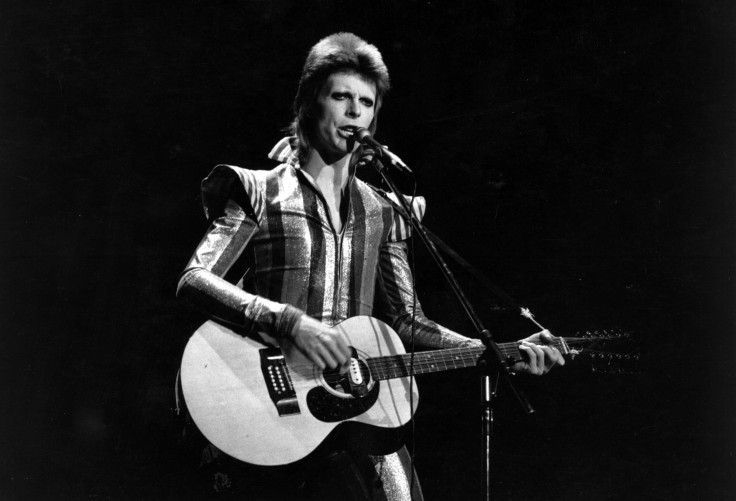David Bowie And Blockchain: How The Icon Laid The Groundwork For Modern-Day Artist Tokens

David Bowie has not only been a great inspiration to me personally, he has been the unwitting architect of my company’s blockchain blueprint, influencing the first one-stop-shop ecosystem where artists nurture ongoing relationships with fans through unique Ethereum-based tokens. Bowie was a genre-bending musician who always did his own thing and served the inspiration of his expression first and foremost — a true artist.
It was David Bowie’s launch on Wall Street in 1997 of Bowie Bonds — for which he issued the royalties of his music as a financial instrument to the public — that laid the groundwork for modern-day artist tokens, so to speak. But although David Bowie issued his bonds to the public, it was largely to a public “in the know,” or those on Wall Street. The average fan didn’t have a clue about how to buy a piece of their favorite artist and therefore didn’t have the access.
When I was introduced the possibilities of blockchain technology in 2013, my mission became to use it to correct the imbalance and injustice plaguing the entertainment industry. In the legacy music industry, there is an elaborate system of gatekeepers that decide if an artist can turn their expression into a career. When artists do break through those gates, there is an even more elaborate system of intermediaries that extract value from that expression, diminishing an artist’s chances of sustaining a career and leading the prosperous life they so richly deserve from entertaining and inspiring people around the world.

The way to decentralize the music industry is through the tokenization of intellectual property. Ethereum is a smart programmable protocol that allows complex applications to be built to utilize the revolutionary attributes of blockchain technology, thereby giving unprecedented control to the artist.
Embedding intellectual property in smart contract systems and tokens allows for rights and the value flow of those rights to be managed and controlled. However, it’s not as simple as just creating the smart contracts. It requires a deep understanding of the notion of tokenomics and game theory. When music is distributed via the blockchain, this value flow is managed by the smart contracts and stored in the tokens. The key is distribution “on-chain” so that these benefits can occur peer-to-peer. Decentralized distribution methods are the future of entertainment.
I like to think that if David Bowie were alive today, maybe he’d be using token project creation and crowdfunding applications and to share his music and videos. Truthfully, I regret not having met or talked with him when he was alive. Not only did he provide me — and still does — with great inspiration, but he inspired the roots of my own foray into this industry. Through his example, he is still helping to empower artists and creators around the world in a whole new way.
Zach LeBeau is the CEO of SingularDTV.
© Copyright IBTimes 2025. All rights reserved.





















